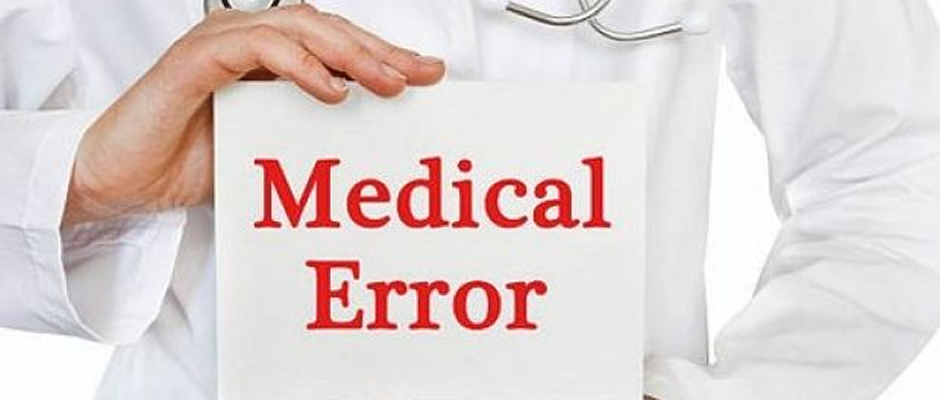An estimated 1,000 unnecessary deaths are caused every year in Ireland by medical error, while up to 160,000 hospitals users are injured because of human error, a conference on medical negligence heard on Friday.
Roger Murray, joint managing partner at Callan Tansey solicitors, insisted there was “no compo culture” when it comes to medical negligence cases, saying that what we are seeing in the legal system is just “the top of a very murky iceberg”.
The solicitor who has been involved in a number of high-profile medical negligence cases said not all those injured in medical incidents reported it and that the HSE is notified of 34,170 “clinical incidents” annually. Of these 575 resulted in claims against the HSE, a rate of less than 1.7 per cent.
He told a gathering of lawyers, medical professionals and patients the most commonly recurring types of cases related to surgery (36 per cent) medicine (24 per cent), maternity (23 per cent) and gynaecology (7.5 per cent) .
Calling for robust reviews when things go wrong, Mr Murray said he had come across many inquest situations where families learned that desktop reviews had been done following a death, and the results were not disseminated to relevant staff.
Repeated errors
Mr Murray told the “Pathways to Progress” conference the HSE had appointed three new managers every week in 2017.
Stressing that injured patients and families do have empathy for medical professionals who make errors, Mr Murray said “what they cannot abide is systemic and repeated errors”.
Barrister Doireann O’Mahony told the conference medical negligence was where the civil justice system in Ireland was failing most conspicuously to meet the needs of litigants.
“These litigants are always victims. They are injured patients, very often minors, young children or they are persons of unsound mind with intellectual disability – up against the State,” she pointed out.
Ms O’Mahony said it was important mistakes were not swept under the carpet.
“We learn more from things that go wrong than from the things that go right,” added the barrister.
Calling for major reform of the system for dealing with medical negligence cases, she said it had rightly been described as Dickensian and not fit for purpose.
Stressing the importance of disclosure and the right to know what the other side’s case is, Mr O’Mahony said defendants in medical negligence cases had significant advantages in terms of money, information and expertise.
They had “unlimited financial resources” while plaintiffs usually were of very limited means and often depended on the good will of solicitors if they could not afford expert reports.
“I won’t even mention civil legal aid: it is more or less non-existent,” she added. In terms of expert witnesses, the barrister said there was an almost “universal reluctance on the part of Irish doctors” to give supportive reports to plaintiffs so they had no option but to go outside the jurisdiction, “at huge cost” to get an honest expert opinion.
Pointing out the plaintiff’s case was always made first, the barrister said defence teams were able to “spring new defences” after the plaintiff’s expert witness testimony and gone home. “And they get away with it”.

